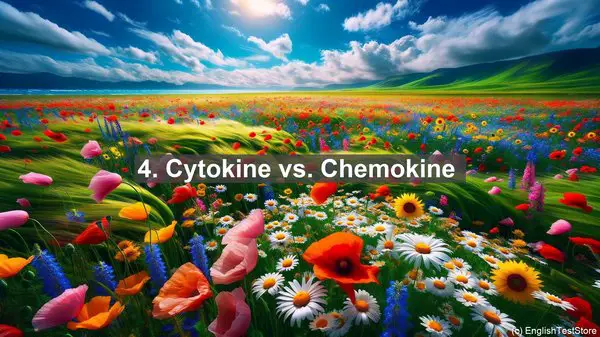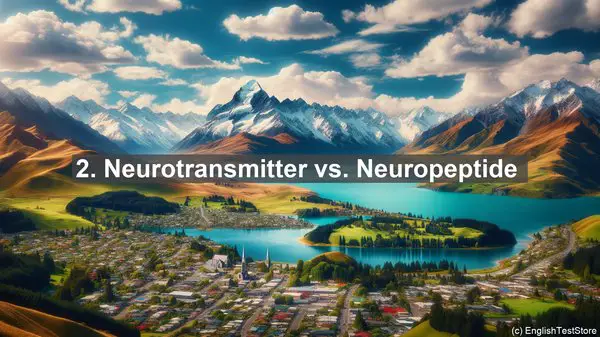Introduction to Psychoneuroimmunology
Before diving into the specific words, let’s briefly understand what Psychoneuroimmunology is. It’s the study of the interactions between the mind, nervous system, and immune system. This field explores how psychological factors, such as stress, impact our immune response and overall health.

1. Psychosomatic vs. Psychogenic
These terms are often used interchangeably, but they have distinct meanings. Psychosomatic refers to physical symptoms that have a psychological origin, while psychogenic refers to psychological symptoms with no apparent physical cause. Understanding the difference is crucial for accurate diagnosis and treatment.
2. Neurotransmitter vs. Neuropeptide
Both neurotransmitters and neuropeptides are chemical messengers in the nervous system, but they differ in their structure and function. Neurotransmitters transmit signals between neurons, while neuropeptides have a broader role in modulating various physiological processes.
3. Innate vs. Adaptive Immunity
When it comes to our immune system, there are two main branches: innate and adaptive immunity. Innate immunity is our first line of defense, providing immediate, non-specific protection. Adaptive immunity, on the other hand, is highly specific and develops over time, providing long-term immunity.
4. Cytokine vs. Chemokine
Cytokines and chemokines are signaling molecules in the immune system. While both are involved in cell communication, cytokines primarily regulate immune responses, while chemokines specifically attract immune cells to the site of inflammation or infection.
5. Hypothalamus vs. Hippocampus
These two brain regions play distinct roles in Psychoneuroimmunology. The hypothalamus is involved in regulating various physiological processes, including the stress response. The hippocampus, on the other hand, is crucial for memory formation and emotional regulation.
6. Psychoneuroimmunology vs. Psychoneuroendocrinology
While both fields study the interactions between the mind, brain, and body, Psychoneuroimmunology focuses on the immune system, while Psychoneuroendocrinology explores the connections between the nervous and endocrine systems, particularly hormone regulation.
7. Placebo vs. Nocebo
Placebo and nocebo are terms often encountered in clinical trials. A placebo is an inert substance or treatment given to the control group, while a nocebo refers to negative effects experienced due to the expectation of harm. Understanding these concepts is essential for interpreting trial results accurately.
8. Stressor vs. Stress Response
In Psychoneuroimmunology, stress is a key area of study. A stressor is any stimulus that triggers a stress response, which involves a cascade of physiological changes. By understanding the different stressors and their impact, we can develop effective stress management strategies.
9. Psychoneuroimmunology vs. Psychosocial Factors
Psychoneuroimmunology acknowledges the influence of psychosocial factors on health. While Psychoneuroimmunology focuses on the biological mechanisms, psychosocial factors encompass the broader social, cultural, and psychological aspects that impact health outcomes.

10. Resilience vs. Coping
Resilience and coping are essential concepts in Psychoneuroimmunology. Resilience refers to the ability to bounce back from adversity, while coping strategies are the specific actions or behaviors individuals use to manage stress. Developing effective coping strategies is crucial for maintaining overall well-being.
